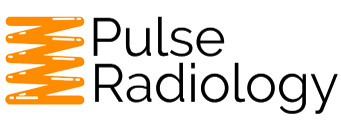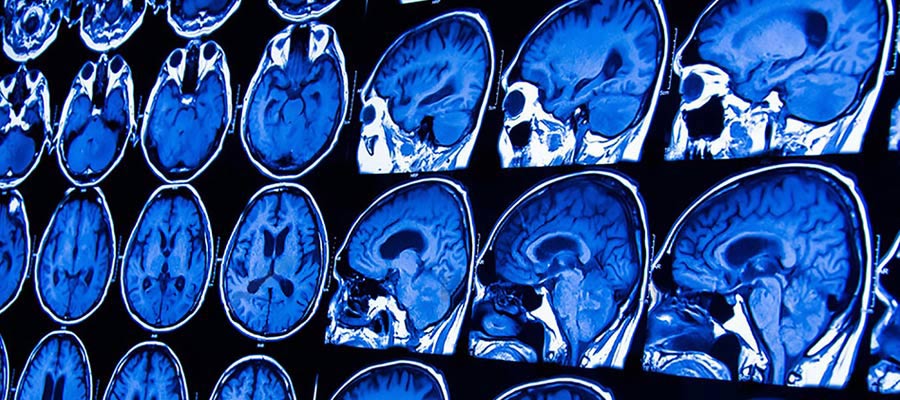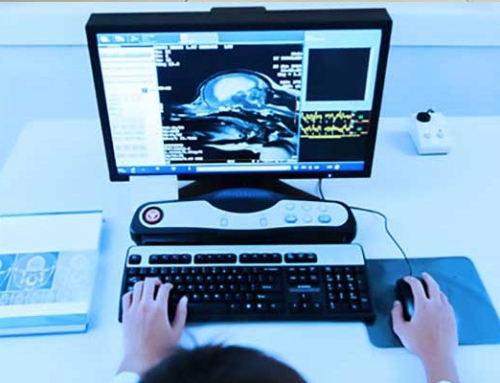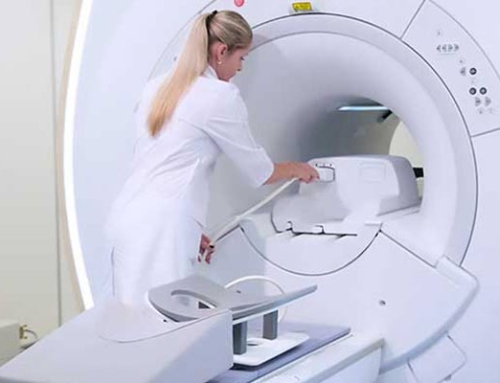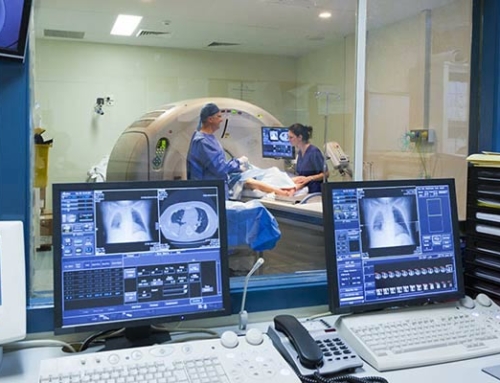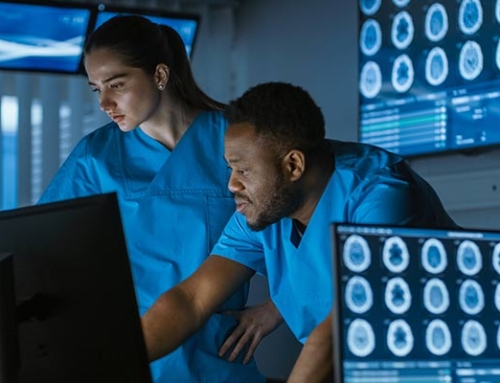Magnetic Resonance Imaging or MRI is a non-invasive imaging modality that provides optimal body imaging, helping clinicians diagnose patients. The imaging professionals operating these MRI units are called MRI technologists and are normally trained in radiography with advanced certification gained through online MRI tech programs, including approved learning and clinical MR training.
To earn a certificate in magnetic resonance imaging, one must already have completed a formal degree program in radiologic technology with additional MRI certification. Ideally, they should be licensed in their state and registered with the American Registry of Radiologic Technologists.
How MRI Tech Programs Improve Career Outlook
The responsibilities of an MRI technologist focus on patient care, proper positioning, adjustment of parameters, and comprehensive knowledge of sectional anatomy. An MRI scanner measures how the body reacts to radio frequency waves and is weighted using specific parameters and, in some cases, IV contrast.
According to the Bureau of Labor Statistics, job growth for MRI technologists is expected to grow as high as 13% in the next decade. Currently, the estimated average annual salary for MRI technologists is $70,000. Considering the detailed knowledge and clinical training needed to achieve MR certification, compensation is high job outlook is very secure.
How to Qualify for MRI Tech Programs
Most MRI tech programs offered online or traditionally require one to hold a radiologic technology degree from a JCERT-accredited radiography program. Once complete, they will be certified radiologic technologists, which means that they already have the basic skills required to work with imaging equipment and comply with all the laws and regulations surrounding healthcare practice.
The MRI tech programs offered online are specially designed for these radiologic technologists working full time and focused on advancing in their careers. They are practicing professionals who want to advance their careers without jeopardizing their current job, position, or relationship with the organization that they work for.
What to Expect From MRI Tech Programs
Most of the modules taught in MRI tech programs are related to MR parameters and procedures, comprehensive sectional anatomy, and pulse sequences. However, a tech trainee should also spend at minimum of 500 hours of clinical training to develop the skills necessary to achieve the best imaging possible for diagnosis.
Only a handful of schools offering MRI tech programs are affiliated with ACR-accredited imaging centers in key cities of the country to provide tech trainees with the necessary clinical training to be eligible for certification. Do note that learning all the theories surrounding MRI is not enough. This requirement is outlined to complete 125 case-specific exams through the American Registry of Radiologic Technologists.
Practicing as an MRI Technologist
Different states have different requirements for MRI technologists to practice the profession. It’s essential that you know more about the requirements in your jurisdiction. Some states require a license, while for some, passing the certification exam is sufficient enough.
To sum it up, for you to practice as an MRI technologist, you must hold a degree from a JCERT-accredited school and complete MRI tech programs. You must also meet the required hours of practicum or hands-on training. You’ll only meet the prerequisites and be allowed to sit for the ARRT MRI certification exam.
More Info Related to MRI Registry Review

